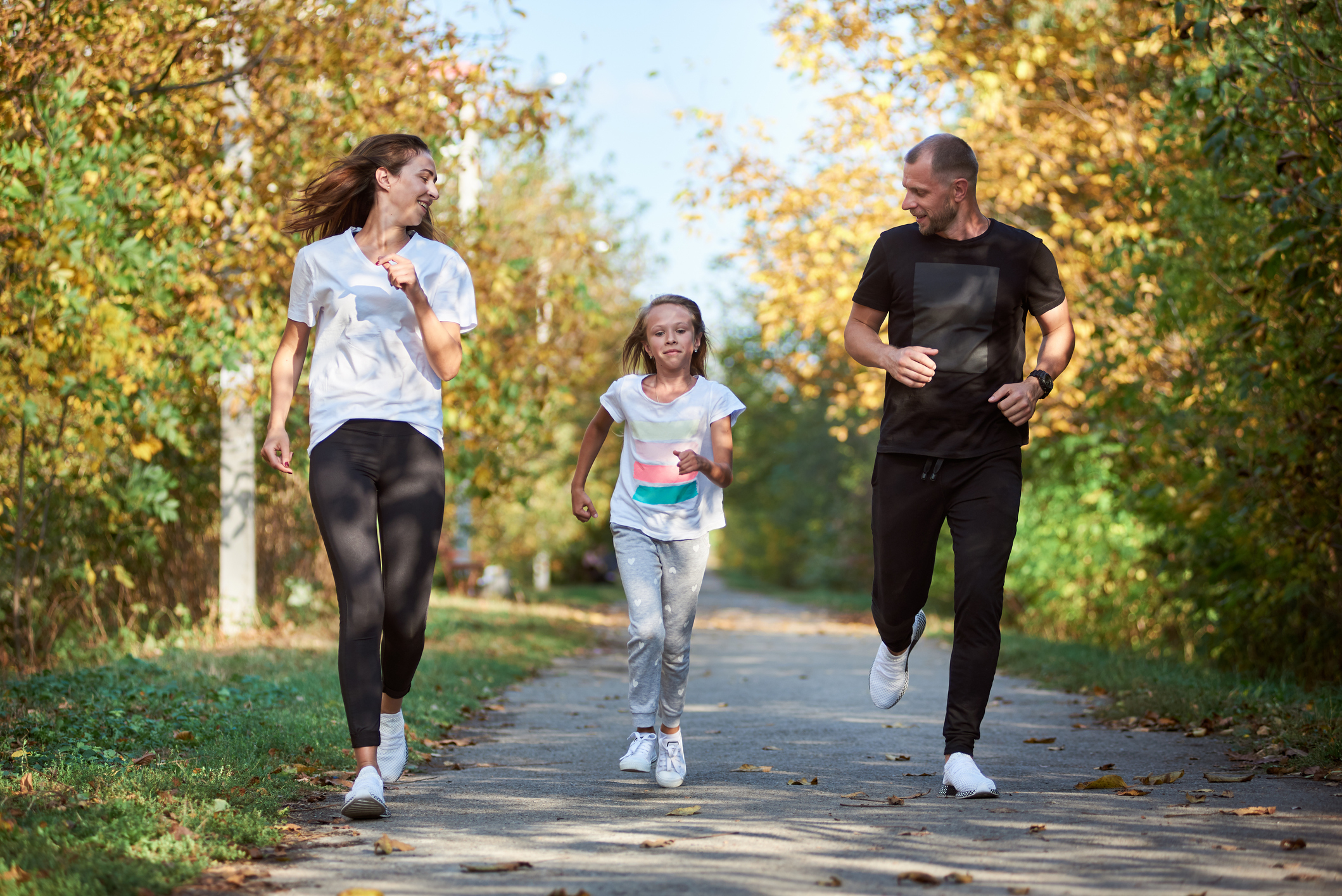Getting active this summer

Summer’s the season for getting outdoors and moving more, but that extra activity can often have an unwanted impact on our bodies. We spoke to Alex Young, one of our trusted physiotherapists about how to keep moving this summer, and how physio can help you feel your best while you’re at it.
So, why physio?
Getting physiotherapy is great way to stay active. Whether it’s to treat an injury, or just to make sure you’re maintaining mobility and strength, visiting your physio can really pay off.
Here’s why:
- It keeps you moving. Physio-recommended exercises like stretches and strength training, along with the therapy of joint mobilisation can go a long way to improving your range of motion and to improve stiffness.
- It improves strength. Your physio can help you focus on strengthening exercises to support your muscles – and to protect your joints. That means everyday activities (things like walking, bending and lifting) will be easier and safer.
- It helps with pain. You may be able to treat those aches and pains with manual therapy, heat treatment or an exercise program – rather than with more pain meds. Plus, you’ll get a feel for what works for you to make sure you have a long-term strategy to deal with any minor niggles.
- It prevents injury. A physio can help you learn your body’s real mechanics and posture so you can reduce strain and future injuries.
- Physio’s for everyone. From kids through to seniors, physio provides support and learning, no matter your stage of life. Physio helps develop and foster physical independence and self-knowledge about moving our bodies. With all that in mind, how can thinking about physio be useful when considering the active summer season ahead?
Mindset matters
Injury prevention isn’t just physical, it’s mental too.
Listening to your body and approaching any new activity with a ‘progress over perfection’ mindset can really pay off. While we’re all keen to get in shape, taking things too quickly can cause issues.
Before you jump into a new activity, or if you’re looking to start a new exercise program, make sure you’re reducing the risk of injury with:
- A warm-up and cool-down routine
- Supportive strapping or bracing (where needed)
- Suitable footwear and the right equipment for your sport (remember sun safety as well)
- A sensible approach to building your cardiovascular fitness
Remember, taking small steps to your big goal of long-term fitness can really pay off. Going too fast, too soon can often have the opposite effect.
What if I do get an injury (or a niggle)?
Physio supports injury prevention, as well as recovery. Through expert assessment, personalised exercise plans, and education, physio can help you not only get through your injury, but also:
- Strengthen vulnerable areas
- Improve movement efficiency
- Restore balance and mobility
- Recover faster and reduce the risk of re-injury.
Early intervention can make a big difference and addressing discomfort before it escalates helps you stay on track with your fitness goals.
Interested in physio?
The Health Hub is here to help. Chat with one of our health professionals about the best options for injury prevention or recovery. Book your appointment here.
